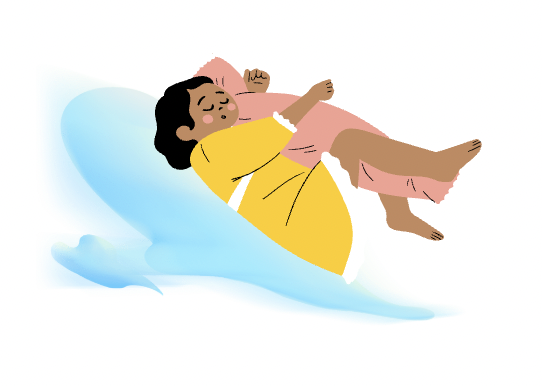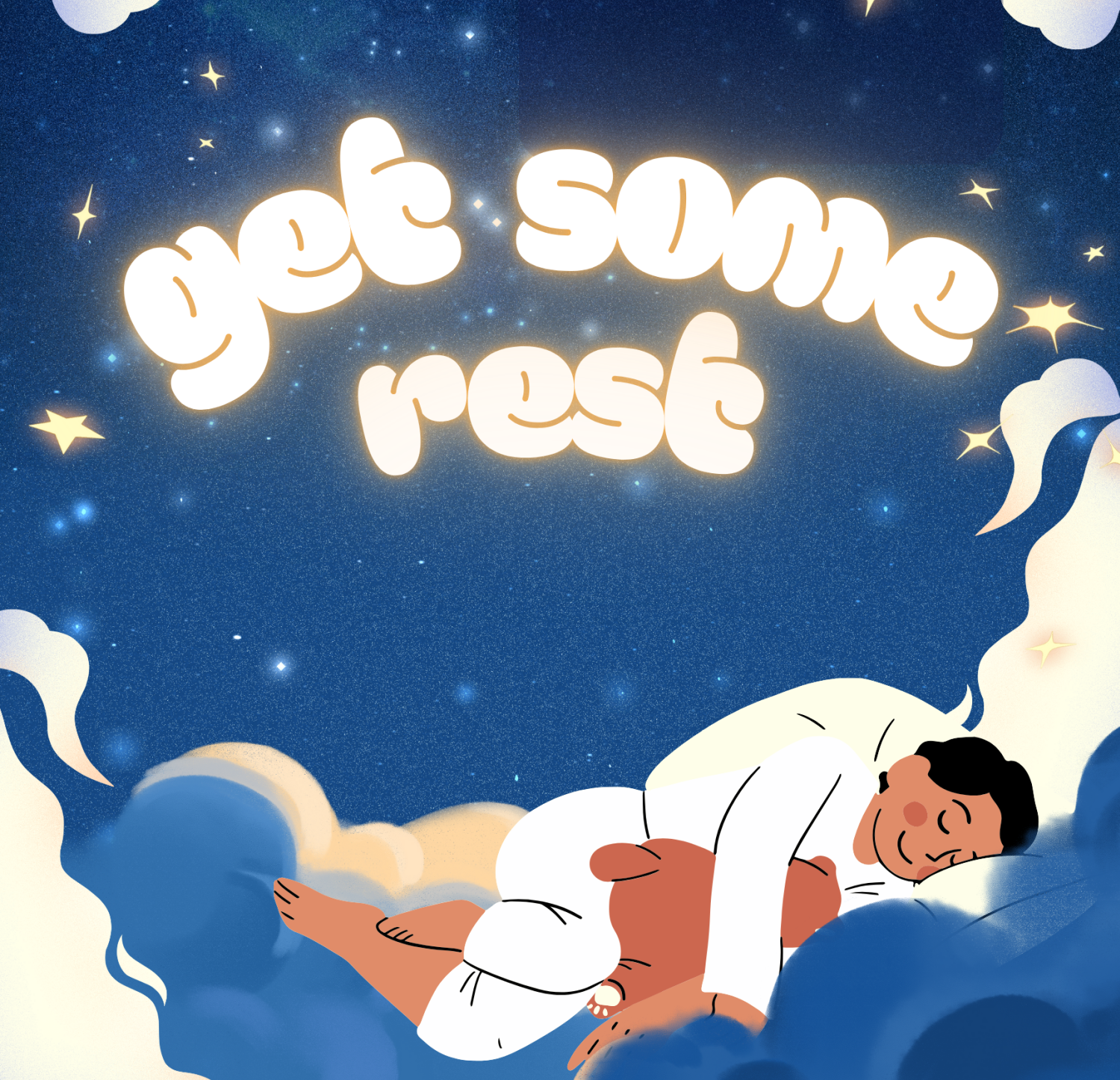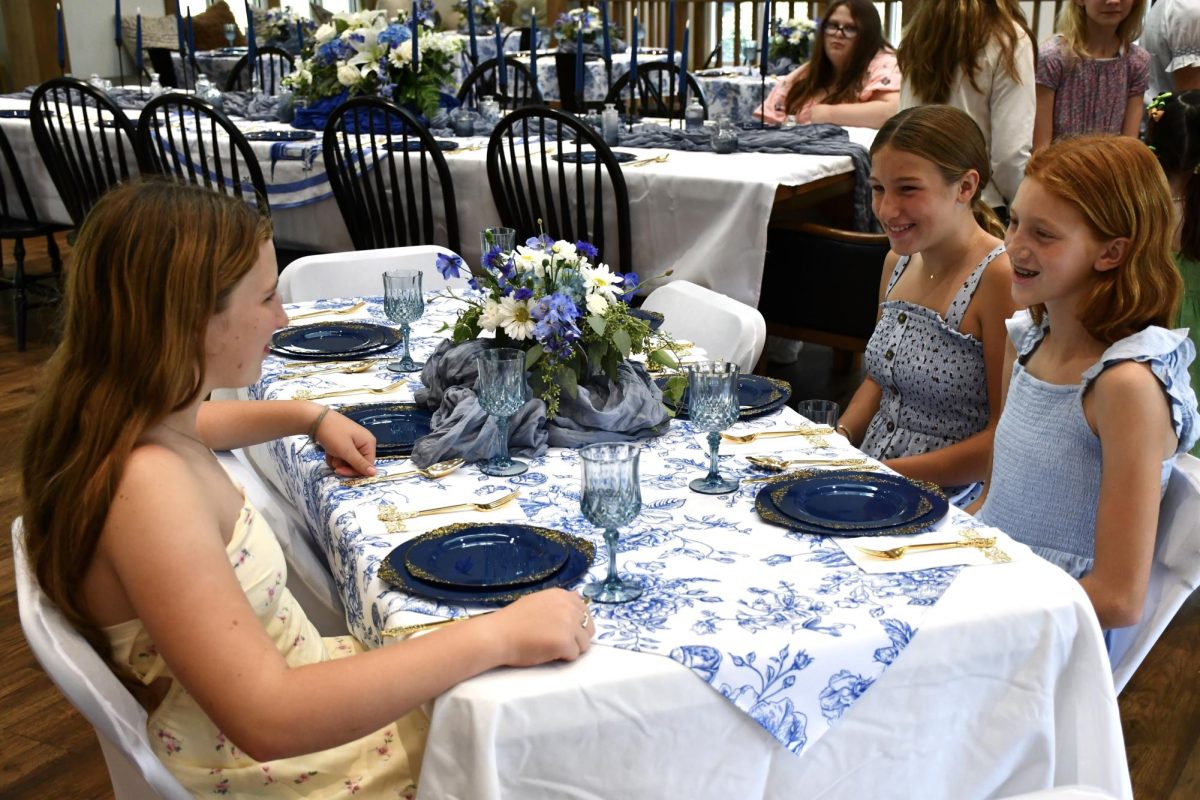While adequate sleep is an everyday necessity, for students with busy schedules or fulfilling hobbies, it can also become an everyday issue. At Grier, students participate in difficult classes and multiple after school activities. Even with the nightly study hall, there often isn’t enough hours in the day to get everything done without pulling late nights. If students aren’t doing homework until late, then social media adds another distraction that pulls students away from sleep.
For many students, the fulfilling, yet tiring, activities at Grier are one of their favorite parts of the school day. These activities, however, can sometimes get in the way of sleeping if students don’t properly manage their time during the day. Psychology teacher Mrs. Kowalski explained that sleep is vital and gives advice on how teenagers can work to get their nightly hours in. Kowalski suggests managing time during the school day so that students can go to sleep directly after nightly study hall ends.
Haley Reed, a tenth-grade student, says that she gets around 3-hours of homework per night and sleeps an average of 4-8 hours nightly. While many claim that their busy schedule makes it so they can’t get to bed early, Reed actually finds that her busy schedule leads to an earlier bedtime. “I think my activities affect my sleep a lot,” said Reed, “because if I do more activities, then I’m more tired, so I’m more tempted to sleep early.” Reed says that the nights she manages to fall asleep the best are the ones where she puts her phone down and reads.
Though some students enjoy sleeping, a good number of teenagers would rather stay up late. The question for many is what the exact effects of inadequate sleep are. “Physically, they can become exhausted; they won’t be able to concentrate; they might have difficulty completing tasks; and their personality could change,” Kowalski explained. “They might become grouchy; they may have difficulty making decisions; and they may just not be able to think as clearly as if they had enough sleep.”
When asked if students need more hours on days that they have tests, Kowalski continues and says, “Absolutely you should get more sleep, or at least more rest, the night before a test.” She explained that the human brain needs to properly replenish the chemicals it uses throughout the day. If the brain cannot adequately do this through REM sleep, then students won’t be their best on testing days.
 6th grader, Seryne Zahrouni, checks her watch and says that the average amount of sleep she gets every night is 7.6 hours. While Zahrouni is pretty close to the recommended 8 hours, she says that the nights that she doesn’t get to sleep are less due to her busy schedule and more due to her love of reading. “Sometimes I stay up late because I like to read a book, and once I read it, I can’t stop,” she said.
6th grader, Seryne Zahrouni, checks her watch and says that the average amount of sleep she gets every night is 7.6 hours. While Zahrouni is pretty close to the recommended 8 hours, she says that the nights that she doesn’t get to sleep are less due to her busy schedule and more due to her love of reading. “Sometimes I stay up late because I like to read a book, and once I read it, I can’t stop,” she said.
Sleep is essential for all teenagers and students alike. Significant hours of sleep can lead to improved test scores and a better mood, while inadequate sleep may cause exhaustion, difficulty completing tasks, or clouded judgement and decision making. While Grier girls might enjoy hobbies like reading before bed–or maybe scrolling through social media–it is important for all students to consider the serious effects of sleep deprivation and the alternative time management options when prioritizing their hobbies.







